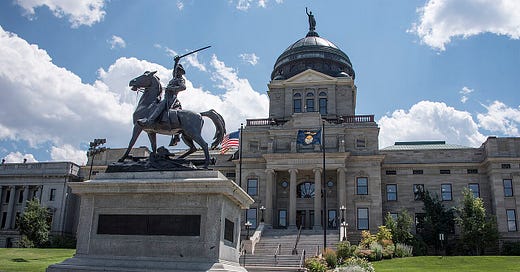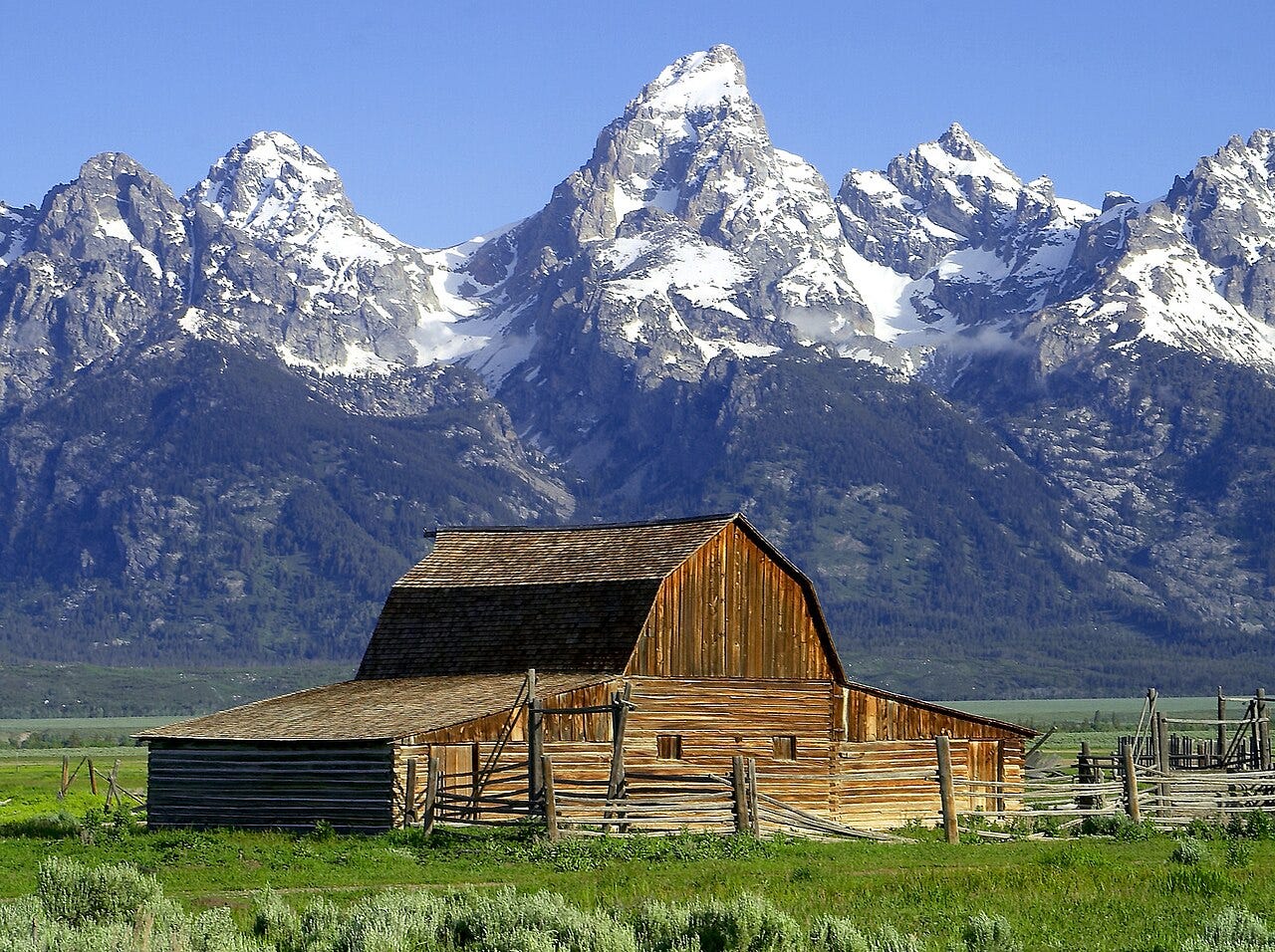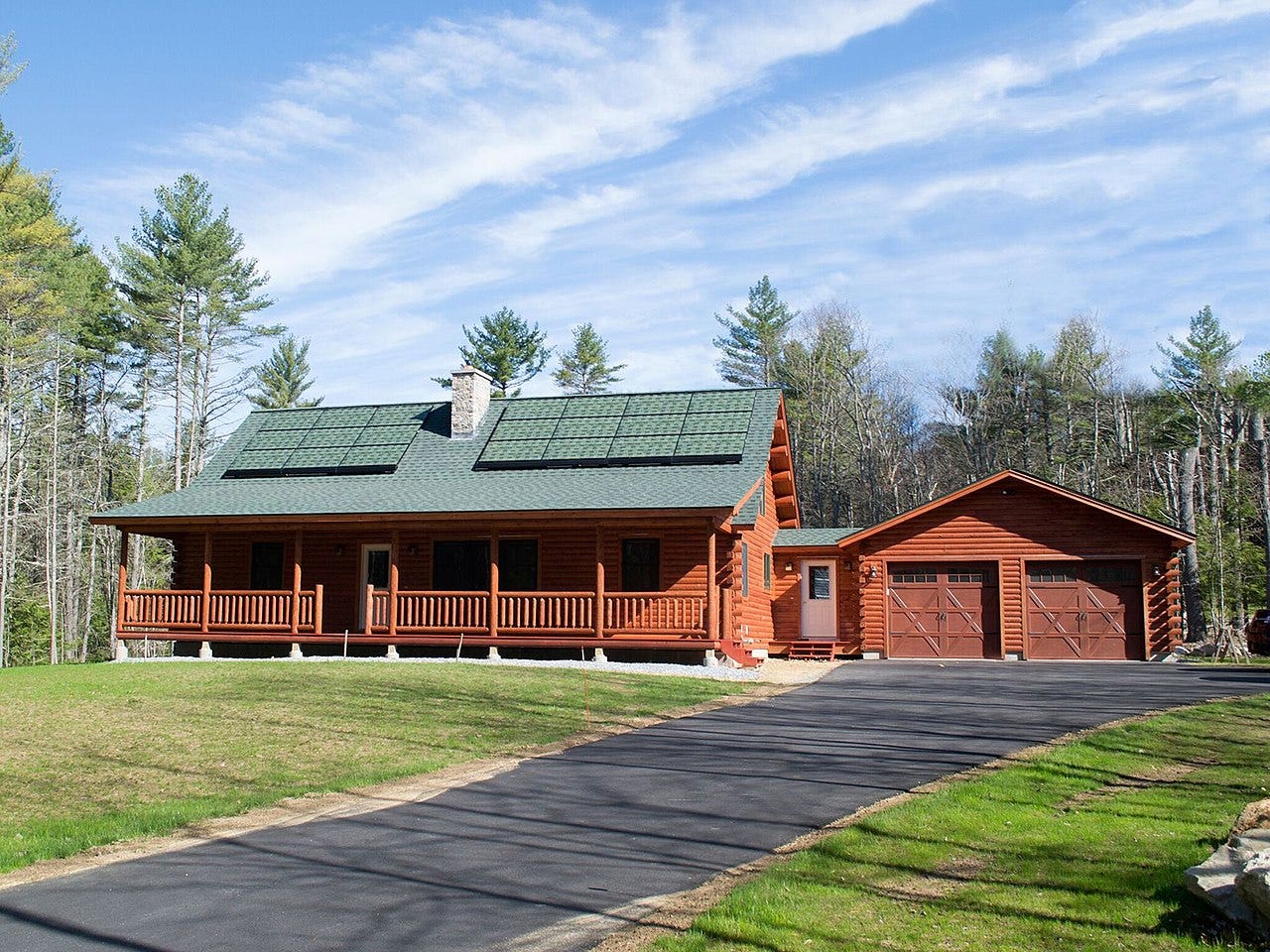My only encounter with the popular television series, Yellowstone, was a few years back, when the state capitol building, six blocks down from our house, was fully roadblocked for a day. A film crew kept buzzing the neighborhood in a helicopter while the streets were repeatedly stormed by a big motorcade of menacing, unmarked black SUVs and limousines. A motorcade the likes of which has never in fact been seen in our often sleepy little capitol town. Montana is nothing like what this silly show portrays. At least not outside some immigrant minds.
One of the laughs to be had in Montana comes from watching rich folks immigrate here, switch out their license plates, then rant about immigrants moving here and taking over the “last best place” in America. This is funny, because immigrants have been taking this land we now call Montana from the twelve local Tribes for over 150 years. Folks who only showed up here in the past fifty years or so were late to the party. Much less those showing up in the recent immigration wave, provoked by television and disease. During Covid, there was not a camping spot, RV hookup, or hotel room to be found, leading to predictable epidemiological results. Especially once the Yellowstone-style ranch baron wannabes who swarm our capitol complex realized a war against masks and vaccines would be good for their fundraising, because freedom, etc.
Now, it is true that Montana is huge. Physical distancing is easy here. We are the fourth largest U.S. state, behind California, Texas, and Alaska. At the same time, we are tiny. We have the third lowest population density in America, behind Alaska and Wyoming. Locals readily admit Montana is “one big town with very long streets.”
Because we have both lots of land, as well as a cultural aversion to land use planning — despite our vast tourism industry which is fully dependent on preserving public lands and natural beauty — we bounce around the top end of national inbound migration reports. Leading to our explosive housing costs. We also have underfunded public services and some of the lowest paid teachers in the nation, because our immigrant Republican governor believes taxes are for little people, not trophy ranchers like himself. For those who can afford it, Montana is an easy place to project wild west fantasies of self reliance. At least until that tricked out, half ton pickup you bought to “get yer country on” blows a gasket out on some section line road.
Capital Sports is a well known local sporting goods store here in Helena. It seems to compete effectively against the big box stores metastasizing out on cheaper land that was once outside of town. They sponsor lots of civic events. Their staff is deeply well informed about their departments and are as friendly and helpful as you want them to be, but no more. I was browsing there one afternoon and overheard a sharp exchange coming from the large and very well-stocked gun room. Some angry looking man in a camo jacket was loudly barking at the authoritatively mustached man behind the counter. When this store had declined to accept his order for 10,000 rounds of rifle ammo, camo dude had taken his business over to a chain store instead. He implied having spent nearly $10,000, and that they should regret having turned him away.
No hunter needs 10,000 rounds of rifle ammo in his garage. That supply level would be for a different, and more political, project.
Fantasies of self reliance are hard to reconcile with the practical realities of living in a remote region. No one is “self reliant,” outside of their own mind, when their remote off-grid home, slathered in Chinese solar panels and batteries, requires a monthly run to Costco to stave off starvation, a Starlink subscription to stave off boredom, and regular journeys back to some big city for the medical care that doom-obsessed lifestyles often require. Wealthy folks buying into apocalypse prepper fantasies know their hobby (“don’t call it a hobby, man, the war is already here!”) is both expensive and endlessly customizable. Off-grid survivalism is a way for the rich, or deeply indebted, to curate what they extract from society while giving back as little as they can. Taxes on all of us little people pay for the physical and economic infrastructure these wealthy cosplayers rely on to buy and equip their fantasy survival ranch lifestyle. Of course, they prefer to just call it “freedom.”
It is an attractive fantasy to be a land baron, gazing out across your vast domain, while someone fetches your boots and someone else washes the dust off your truck. Feeling crowded into mutual dependence with others, clustered in some little town or neighborhood, can lack a sense of “I will do what I want, when I want, and how I want to do it.” It can lack that sense of irresponsible freedom kids enjoy before the need for adulting kicks in.
Wouldn’t it be nice to feel that free again? To know we can seek whatever backyard adventure beckons because Mom has food in the fridge and bills are just some mystery that makes Dad mutter. Is it so odd to “do whatever it takes” to extract wealth from the economy so you can buy your own remote backyard, and hire some hands to stock your fridge and cook your dinner, do your laundry, make your bed, and fold your clothes?
We would probably all love to re-enact the best parts of our childhood, with added polish and upgrades. But, only the high extractors can afford to actually do it, in the economy they have designed for the rest of us. This is true in far more places than just Montana. But, we have the real estate and low population density needed to make such stark class distinctions highly visible. They literally stand out on the landscape. Fancy ranches have fancy arches over the entries to the private dirt roads that begin where long paved highways paid for by little people end.
It is also true that some wealthy folks can be generous. It would be unfair not to notice this. Noblesse oblige remains a thing. The economy built by the American aristocracy, via the government they bought and paid for, builds an incentive for this into tax policy. So, foundations appear and splash some money around. Often doing good, for projects that catch a wealthy noble’s interest.
Public roads, public water and sewer systems, public safety, public health, and public schools are honestly not all that interesting. They are background noise for the lives of little people off in the cities and towns. It is a natural human tendency to pay attention to the things we find interesting. Why would this be any different for the rich? They have horses to ride and there is a sunset coming over those hills.








Infrastructure+Labor Force+Freedom+Wealth=Greed+Avarice+Exploitation. The only reason they are “off grid” is because it would cost more money to run electricity lines and they can still have their propane generator in a shed run 24/7. Ha! Cottonwood Environmental Law are good folks to support in MT, btw. Y’all need to increase your property taxes significantly!
A society without individual liberty is as evil a thing as individual liberty without society.